Resources
Browse resources created and collated by ARIIA as a trusted, evidence-based guide to supporting innovation across the aged care sector.
Showing
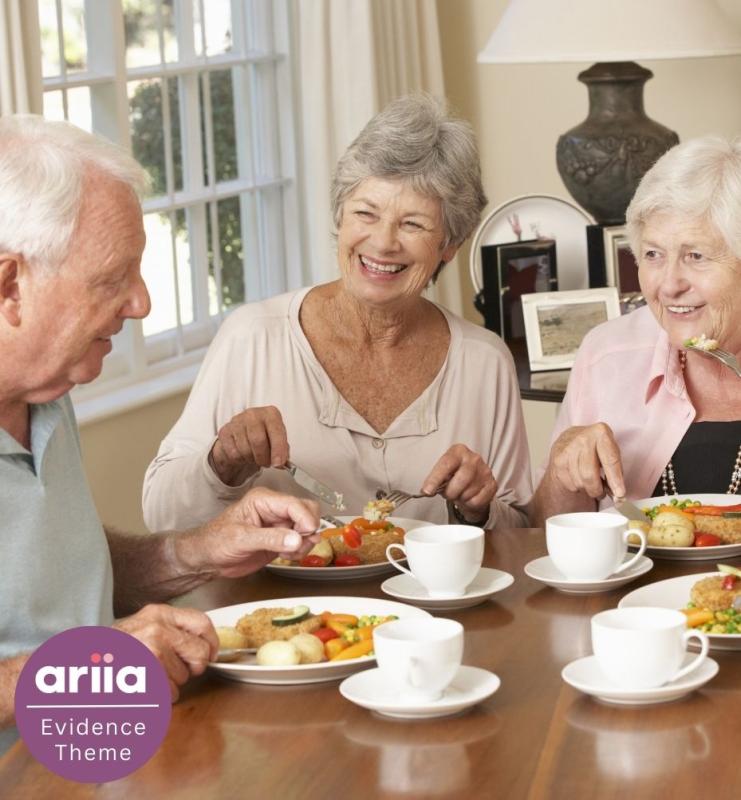
Social isolation: Social connectedness
Social connectedness is an important aspect of the health of all people but especially older people in residential aged care who may be feeling isolated. This resource from ARIIA is a short easy-to-read summary of the research evidence.
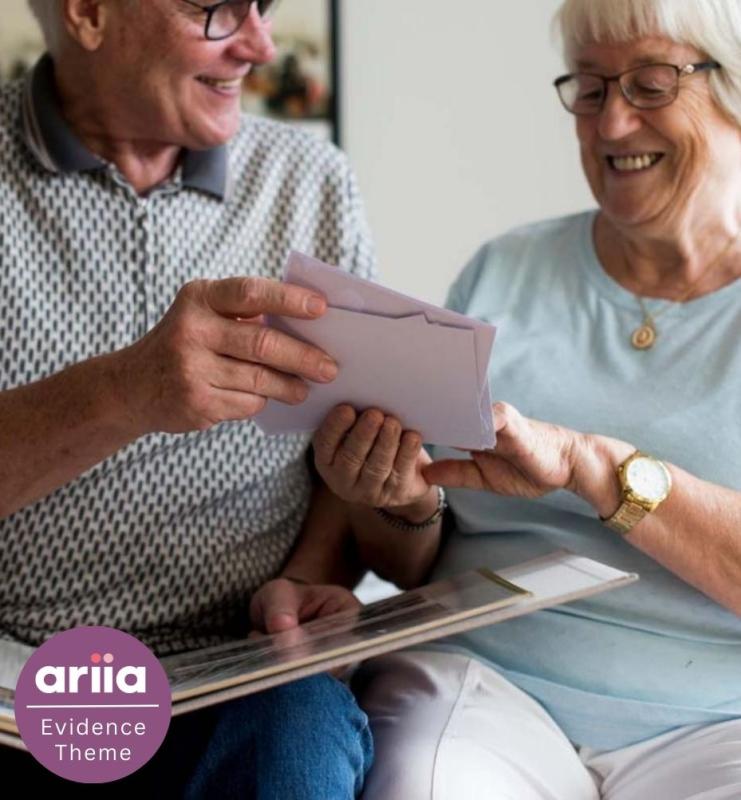
Social isolation: Reminiscence therapy
Group reminiscence therapy appears to be effective in improving life satisfaction and decreasing the loneliness of people in residential aged care. This resource from ARIIA is a short easy-to-read summary of the research evidence.
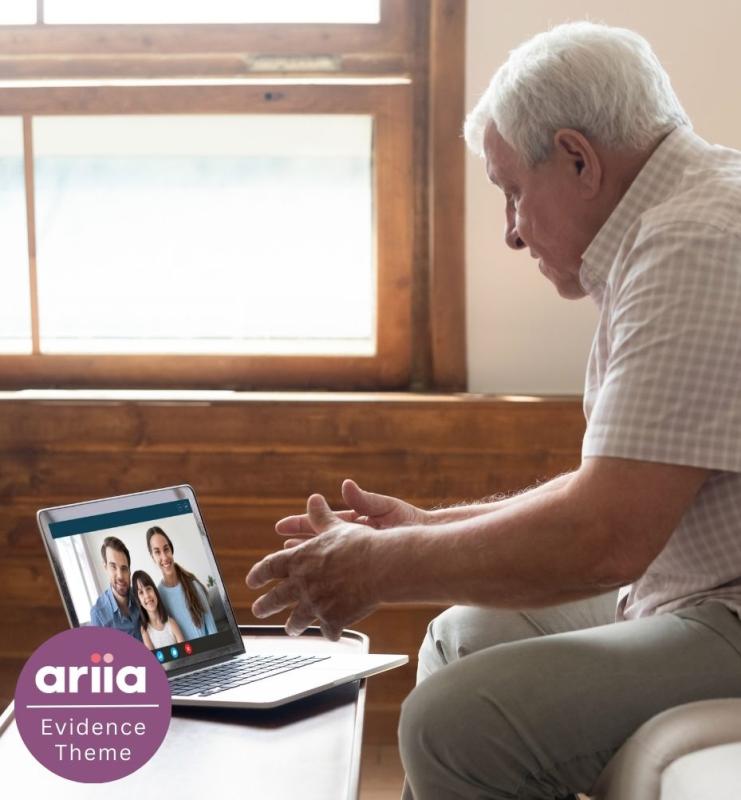
Social isolation: ICT interventions
Information and Communication Technology (ICT) interventions has positive effects on the older people; it improves their social network and connection and decreases loneliness. This resource from ARIIA is a short easy-to-read summary of the research evidence.
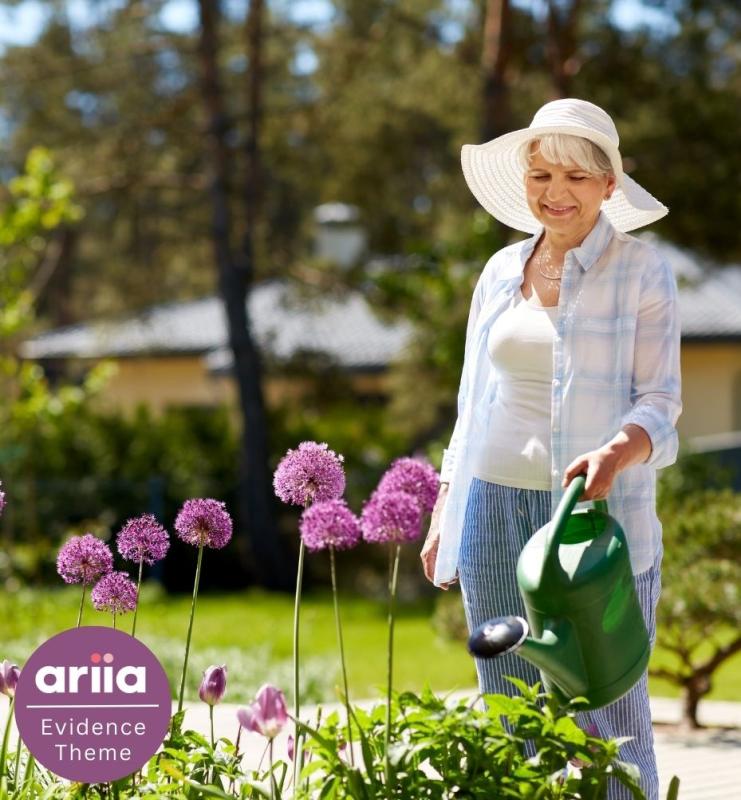
Social isolation: Activity programs
In aged care settings, a wide selection of activity programs is usually available for older people to engage in. These programs are intended to reduce social isolation and improve overall health. This resource from ARIIA is a short easy-to-read summary of the research evidence.
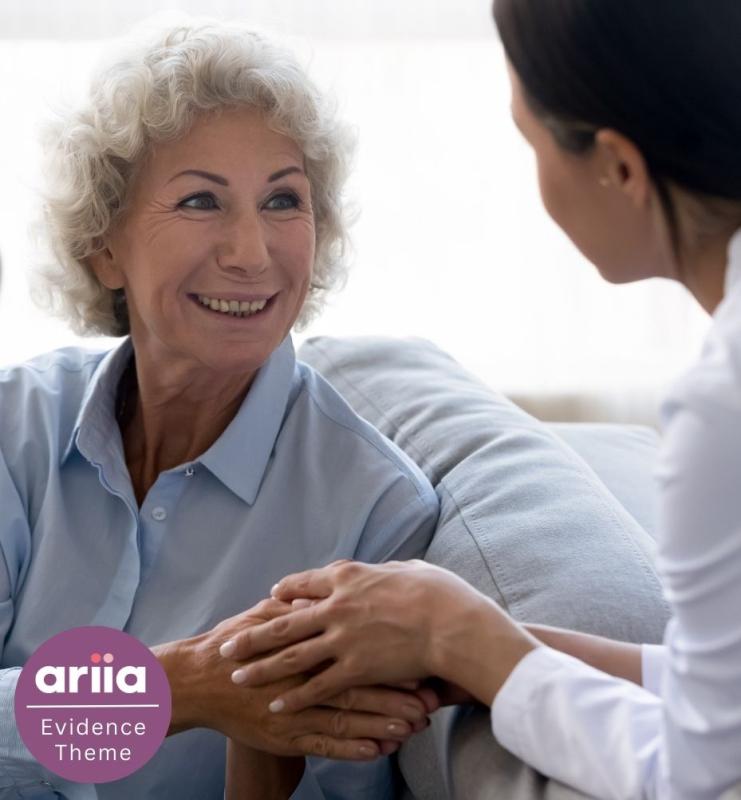
Rehabilitation, reablement and restorative care: Transition care
Ideally transition care services would incorporate multidisciplinary care teams, proactively support those at risk of delayed discharge, consider individuals with cognitive impairment, and involve family carers. This resource from ARIIA is a short easy-to-read summary of the research evidence.
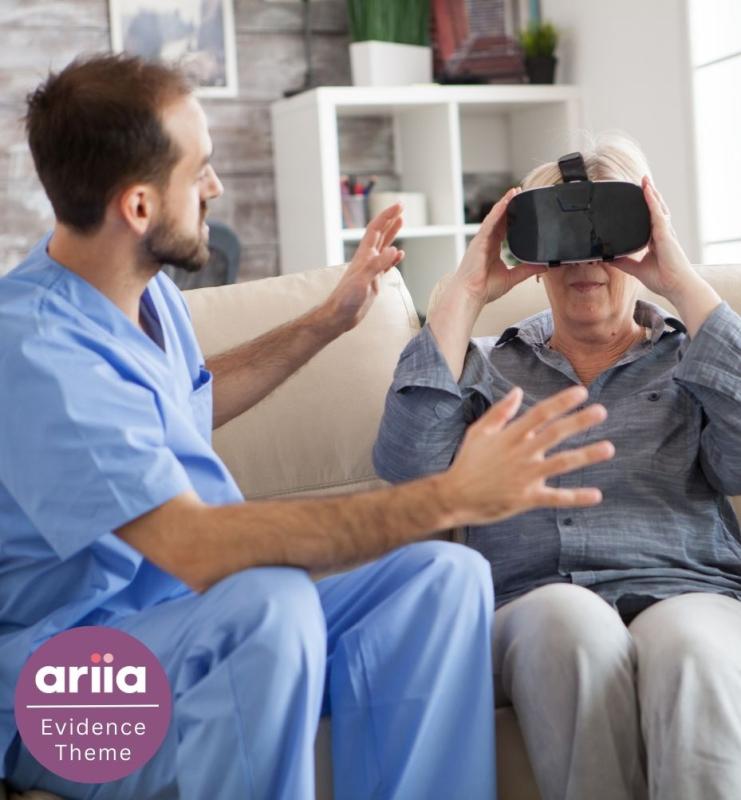
Rehabilitation, reablement and restorative care: Technology
A range of technologies are used in aged care settings for restorative purposes. These include eHealth, exergames, virtual reality, telehealth, and smart homes with home health monitoring technologies. This resource from ARIIA is a short easy-to-read summary of the research evidence.
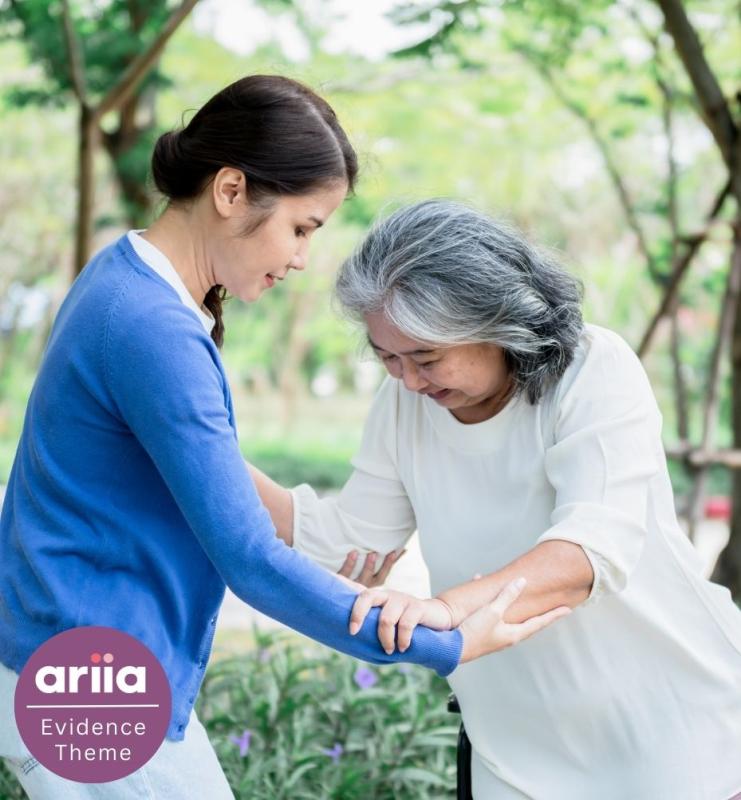
Rehabilitation, reablement and restorative care: Stroke
A high number of stroke survivors live in residential aged care facilities. They often suffer functional impairments following more severe strokes which prevents them from living independently in their own homes. This resource from ARIIA is a short easy-to-read summary of the research evidence.
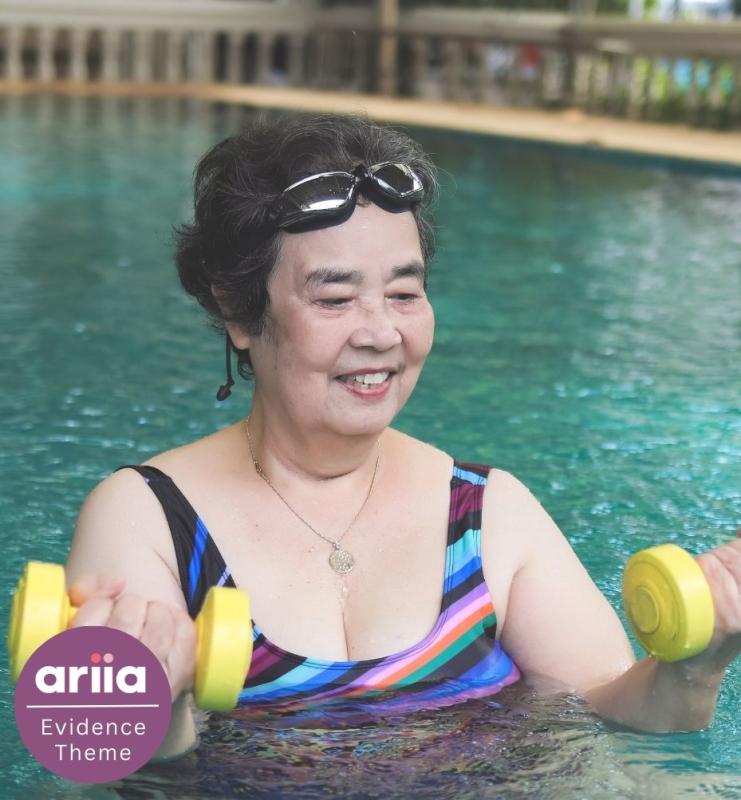
Rehabilitation, reablement and restorative care: Physical activity
There is conclusive evidence that physical activity is an important aspect of older people’s lives. This resource from ARIIA is a short easy-to-read summary of the research evidence.

Rehabilitation, reablement and restorative care: Multidisciplinary approach
Evidence suggests a multidisciplinary approach to rehabilitation tailored to the individual and based at home can improve independent activities of daily living and mobility for aged care users. This resource from ARIIA is a short easy-to-read summary of the research evidence.
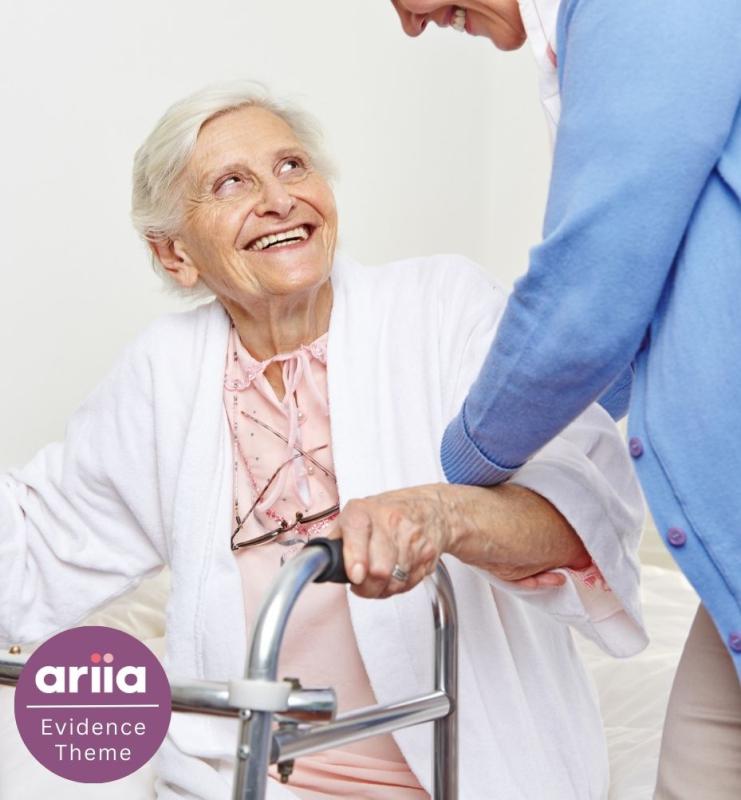
Rehabilitation, reablement and restorative care: Hip fracture
Intensive rehabilitation involving daily physiotherapy and occupational therapy can improve mobility, function, and cognitive outcomes for community-dwelling older adults after a hip fracture. This resource from ARIIA is a short easy-to-read summary of the research evidence.